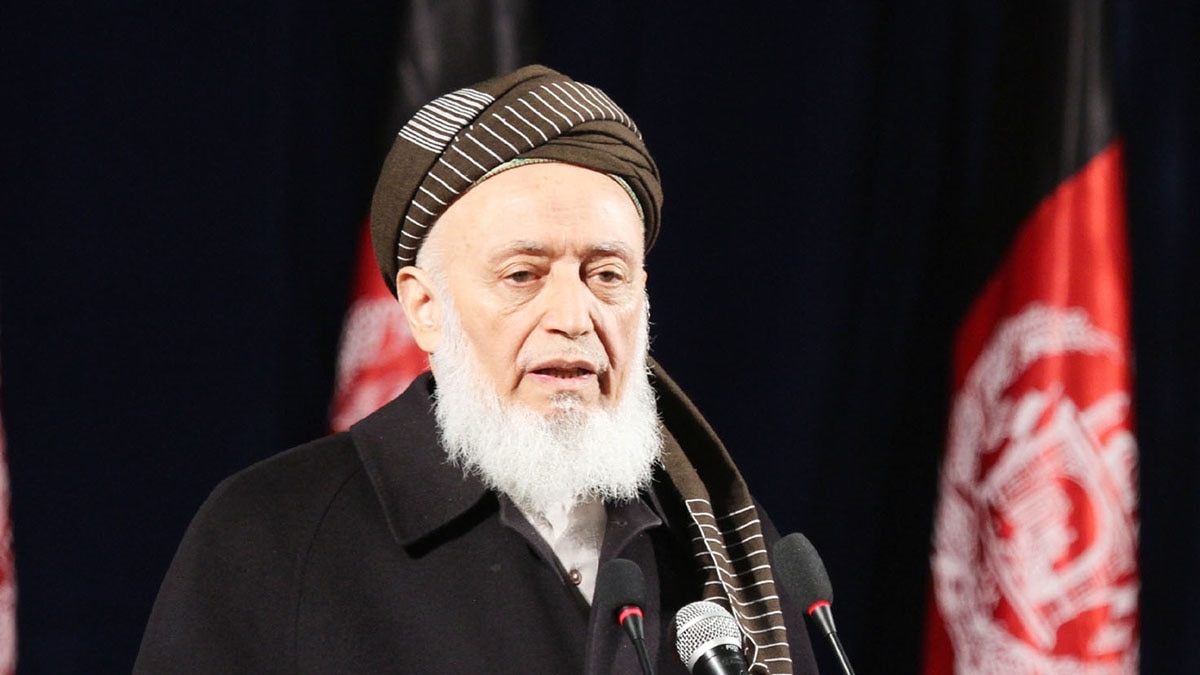KABUL — This September marks the 13th anniversary of the assassination of Burhanuddin Rabbani, former president and leader of the Jamiat-e-Islami party, who was killed in 2011 by a Taliban suicide bomber in Kabul.
Rabbani, a key figure in Afghanistan’s political landscape, died at his home in the Wazir Akbar Khan neighborhood when a Taliban envoy detonated explosives hidden in his turban during a peace negotiation.
Rabbani’s death, a turning point in Afghanistan’s turbulent history, is still mourned by many. On this occasion, former Afghan leaders and politicians remembered his legacy, emphasizing his contributions to the country’s peace process.
“Ustad Burhanuddin Rabbani, the Martyr of Peace, made great efforts to establish unity, prosperity, and lasting peace in our beloved country. He lost his life on this path,” said former President Hamid Karzai, who often referred to Rabbani by his honorary title, Ustad, meaning professor.
Rabbani was meeting two Taliban members at his residence to discuss peace talks when the attack occurred. In the years following his death, Karzai and other Afghan political figures, including Abdullah Abdullah, who led the High Council for National Reconciliation, have consistently praised Rabbani’s dedication to peace.
Born in 1940 in Faizabad, the capital of Badakhshan province, Rabbani studied Islamic theology in Cairo before returning to Kabul, where he emerged as a critic of King Mohammad Zahir Shah’s secular reforms. In 1972, he founded the Jamiat-e-Islami party, a major political and military force during Afghanistan’s decades-long conflict.
When the Mujahideen forces took control of Kabul in 1992, Rabbani became president of Afghanistan’s post-Soviet government. However, his presidency was cut short when the Taliban seized power in 1996. He then retreated to Badakhshan, where he played a key role in organizing resistance against the Taliban regime.
Following the U.S.-led invasion of Afghanistan in 2001 and the Taliban’s subsequent ouster, Rabbani briefly served as head of the interim government before peacefully handing over power to Karzai. In the later years of his life, Rabbani held several key positions, including serving as the head of the High Peace Council, which was established to foster reconciliation between the Afghan government and insurgent groups.
In the wake of his assassination, Karzai honored him by naming Kabul’s Education University after him. However, after the Taliban regained control of Afghanistan in 2021, they reverted the institution to its original name. The Taliban eventually claimed responsibility for the assassination, underscoring their long-standing opposition to Rabbani’s efforts to broker peace.





